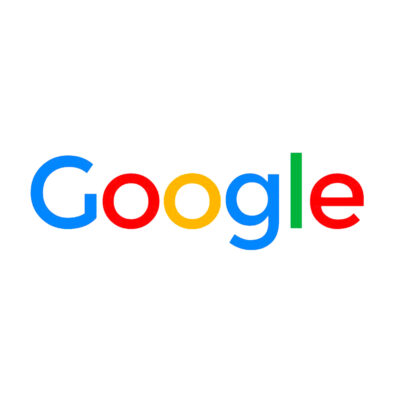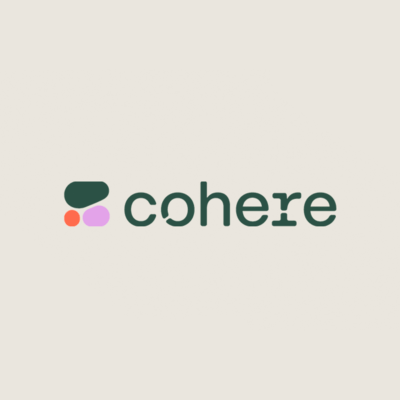Compare Models
-
Google
PaLM 2 chat-bison-001
$0.0021535PaLM 2 has just launched (May 2023) and is Google’s next-generation Large Language Model, built on Google’s Pathways AI architecture. PaLM 2 was trained on a massive dataset of text and code, and it can handle many different tasks and learn new ones quickly. It is seen as a direct competitor to OpenAI’s GPT-4 model. It excels at advanced reasoning tasks, including code and math, classification and question answering, translation and multilingual proficiency (100 languages), and natural language generation better than our previous state-of-the-art LLMs, including its predecessor PaLM.PaLM 2 is the underlying model driving the PaLM API that can be accessed through Google’s Generative AI Studio. PaLM 2 has four submodels with different sizes. Bison is the best value in terms of capability and chat-bison-001 has been fine-tuned for multi-turn conversation use cases. If you want to see PaLM 2 capabilities, the simplest way to use it is through Google Bard (PaLM 2 is the technology that powers Google Bard).Watch Paige Bailey introducing PaLM 2: view here
-
ChatGLM
PaLM 2 text-bison-001
$0.004PaLM 2 has just launched (May 2023) and is Google’s next-generation Large Language Model, built on Google’s Pathways AI architecture. PaLM 2 was trained on a massive dataset of text and code, and it can handle many different tasks and learn new ones quickly. It is seen as a direct competitor to OpenAI’s GPT-4 model. It excels at advanced reasoning tasks, including code and math, classification, question answering, translation and multilingual proficiency (100 languages), and natural language generation better than our previous state-of-the-art LLMs, including its predecessor PaLM.PaLM 2 is the underlying model driving the PaLM API that can be accessed through Google’s Generative AI Studio. PaLM 2 has four submodels with different sizes. Bison is the best value in terms of capability and cost, and text-bison-001 can be fine-tuned to follow natural language instructions and is suitable for various language tasks such as classification, sentiment analysis, entity extraction, extractive question answering, summarization, re-writing text in a different style, and concept ideation.If you want to see PaLM 2 capabilities, the simplest way to use it is through Google Bard (PaLM 2 is the technology that powers Google Bard).
Watch Paige Bailey introducing PaLM 2: view here
-
Google
PaLM 2 textembedding-gecko-001
$0.0004PaLM 2 has just launched (May 2023) and is Google’s next-generation Large Language Model, built on Google’s Pathways AI architecture. PaLM 2 was trained on a massive dataset of text and code, and it can handle many different tasks and learn new ones quickly. It is seen as a direct competitor to OpenAI’s GPT-4 model. It excels at advanced reasoning tasks, including code and math, classification and question answering, translation and multilingual proficiency (100 languages), and natural language generation better than our previous state-of-the-art LLMs, including its predecessor PaLM.PaLM 2 is the underlying model driving the PaLM API that can be accessed through Google’s Generative AI Studio. PaLM 2 has four submodels with different sizes: Unicorn (the largest), Bison, Otter, and Gecko (the smallest) and the different sizes of the submodels allow PaLM 2 to be more efficient and to perform different tasks. Gecko is the smallest and cheapest model for simple tasks and textembedding-gecko-001 returns model embeddings for text inputs.If you want to see PaLM 2 capabilities, the simplest way to use it is through Google Bard (PaLM 2 is the technology that powers Google Bard).Watch Paige Bailey introducing PaLM 2: view here
-
Cohere
Summarize
$0.015Cohere is a Canadian startup that provides high-performance and secure LLMs for the enterprise. Their models work on public, private, or hybrid clouds and is available as an API that can be integrated into various libraries using Python, Node, or Go software development kits (SDKs).Cohere Summarize generates a succinct version of a provided text. This summary relays the most important messages of the text, and a user can configure the results with a variety of parameters to support unique use cases. It can instantly encapsulate the key points of a document and provides text summarization capabilities at scale. -
LMSYS Org
Vicuna-13B
FREEVicuna-13B is an open-source chatbot developed by a team of researchers from UC Berkeley, CMU, Stanford, MBZUAI, and UC San Diego. The chatbot was trained by fine-tuning LLaMA on user-shared conversations collected from ShareGPT. There is a 13B and 7B parameter models that are available on Hugging Face.
Vicuna-13B achieves more than 90% quality of OpenAI ChatGPT and Google Bard while outperforming other models like LLaMA and Stanford Alpaca in more than 90% of cases. The code and weights and an online demo are publicly available for non-commercial use. Here is a link to learn more about how it compares to other models – https://lmsys.org/blog/2023-03-30-vicuna/.
To use this model, you need to install LLaMA weights first and convert them into Hugging Face weights, and the cost of training Vicuna-13B is around $300.




